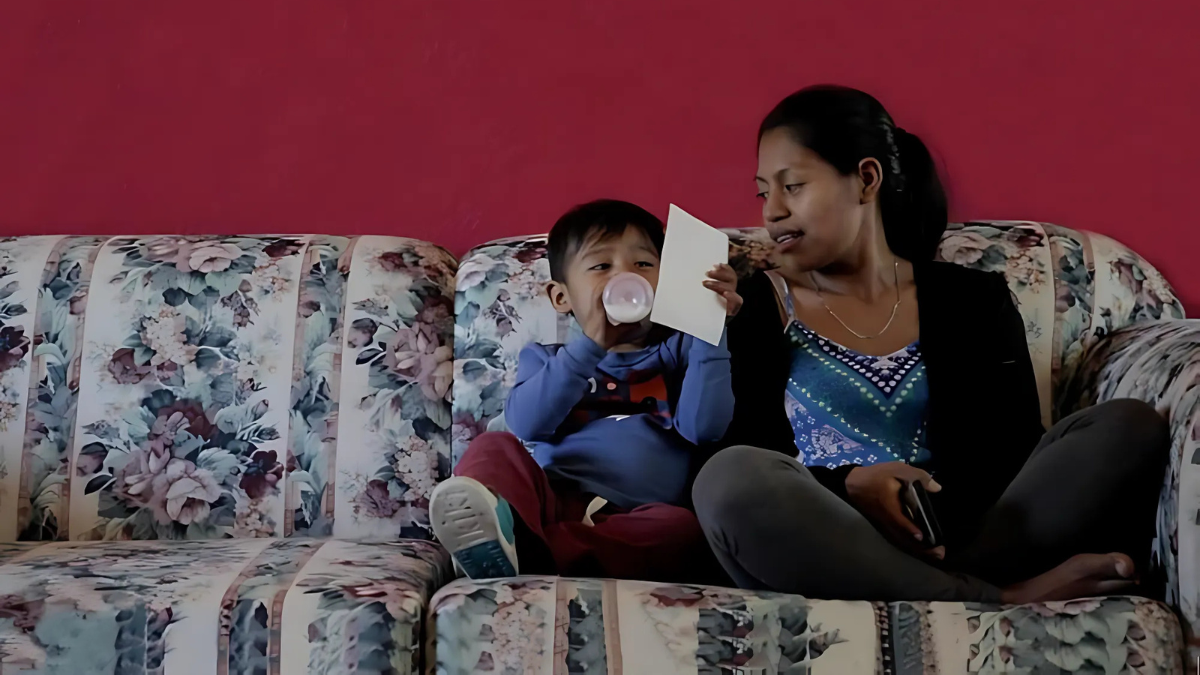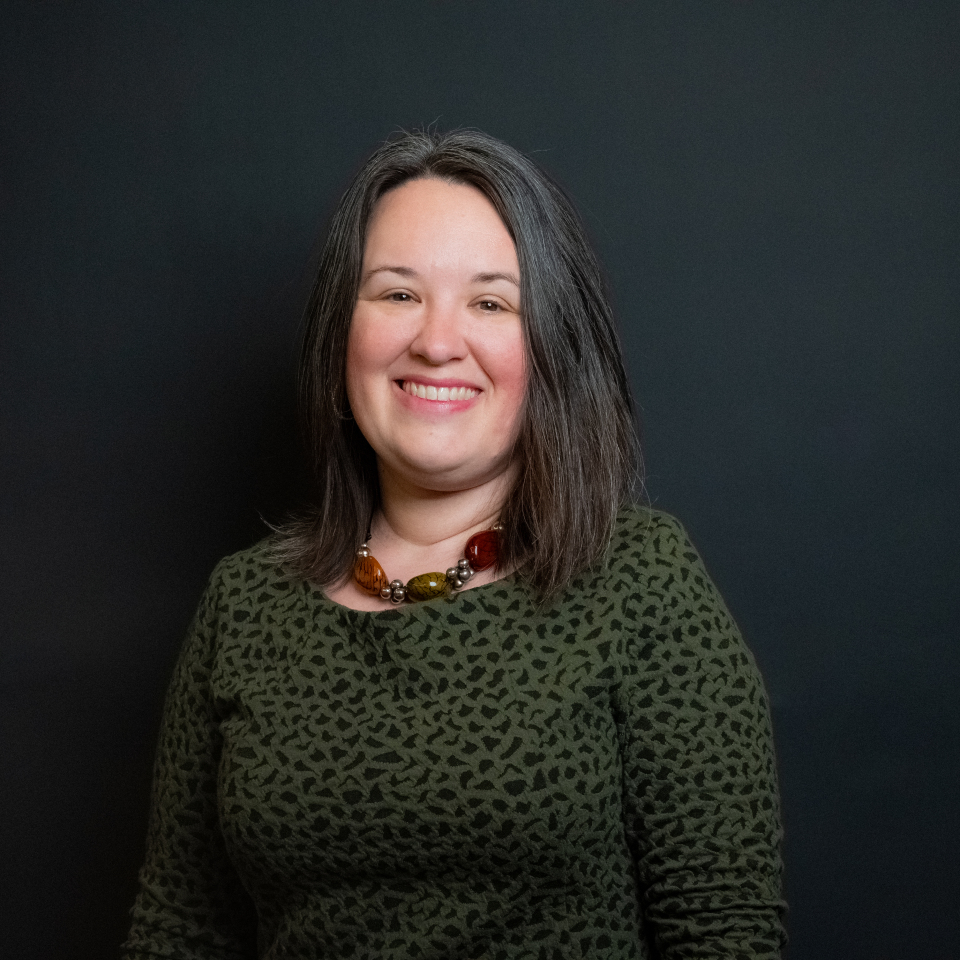All We Carry
On a Wednesday evening in July, members and friends of Winnetka Covenant Church in Wilmette, Illinois, held a special screening of the documentary All We Carry. The film was featured as part of the church’s Movies that Matter series, which Jen Christianson, who served as associate pastor until this month, developed last year as a summer opportunity for adult spiritual formation.
For this installment, “I was looking for something that would be about immigration that would be current,” Christianson explained. When it comes to immigration, “things move so quickly and they change so dramatically. Anything that was made more than a few years ago in some ways isn’t going to be as relevant,” she added.
All We Carry premiered in 2024. The film follows a young family who sought refuge in Mexico due to instability and persecution in their home country of Honduras. Typical of many recent migrants, Magdiel and Mirna’s family sought asylum after being targeted by their government or organized criminal networks. In 2018, they decided to join other migrants traveling together for safety to seek asylum in the United States.
When they cross the U.S.–Mexico border, they are separated. Eventually, they reunite in Seattle, where they are sponsored by a synagogue. It is another two and a half years until their asylum hearing. The passing of time is particularly obvious as the film shows their young son growing up and the arrival of a new baby sister.
In a first for Winnetka’s film series, Christianson hosted a post-screening Q&A Zoom session with the director, Cady Voge. People in the audience had a range of questions. Some wanted to know about Voge’s relationship with the family featured in the film—how they met and whether they were still in contact. Others asked about the legal process of seeking asylum in the United States.
“The process of asylum-seeking is ultimately a retraumatizing experience,” Voge said. That was evident in the film, which showed Mirna and Magdiel having to repeatedly relive the most devastating moments of their lives to try to prove that the danger they faced in their homeland was real. “Having to remember everything that happened is like reliving it,” Mirna explained in the film.
Voge said she found Magdiel and Mirna’s story particularly worth telling because they had so much support in their asylum-seeking journey through the sponsoring synagogue and others—much more than is common. “What would it look like,” she wondered, “if everyone was supported in this holistic way?”
That support included care for the couple’s mental health. Kass Anderson, an attendee at the movie night, noted how that aspect of seeking asylum stood out for her. “It’s one I never even thought about,” she said. “I can imagine that is huge in so many ways.”
Because the film doesn’t yet have a distributor, screening it required extra fees. Christianson wasn’t sure how church leaders would feel about the added expense. But in the end, “they were so supportive of it,” she said.
Christianson suggested that they could collect a free will donation at the screening to help offset costs, but the leadership team had a different idea. Instead, they suggested taking a donation for related causes. “It would be very impactful if you could collect money and give it to somebody who’s actually doing this work,” they told her.
Some collected donations were given to longtime church partner Exodus World Service, a Chicago organization that works with churches to support refugees. The rest went to Iglesia del Pacto Evangélico de Albany Park, a church that has been struggling, like many other Covenant congregations, in the wake of increased ICE activity. Christianson is in a clergy group with IPE Albany Park’s pastor, Tomás Sanabria, who has provided periodic updates to the group about how changes in immigration policy and enforcement have affected the church. (Full disclosure: I am also a member of that clergy group.)
Sanabria said he originally intended to use the money to help cover expenses for a lawyer who has been helping people at the church with free legal services. “It started slowly and now she’s up to fourteen cases,” he said. “Which represents over twenty persons.”
But the lawyer said she didn’t want the money. So Sanabria is redirecting the funds to the church’s clothing pantry and other services they offer.
For his part, Sanabria knows that there are churches and people in the Covenant who want to help. “So it’s up to us to keep them informed. When they’re informed, then they can be creative and they can do something,” he said.
All We Carry is one example of how film can also help inform people, which Anderson indicated was what she was looking for when she attended the screening. “I knew I would learn more about immigrants seeking asylum,” she said. “It makes me have even more questions. I hope it causes me to desire to learn more.”
For Christianson, the film and the reactions reflected her hopes for the Movies that Matter series overall. “Film can be such a powerful medium because it makes these very big intractable things very real and up close and personal,” she said. “It’s a really important way to start these conversations in ways that otherwise would be impossible.”














